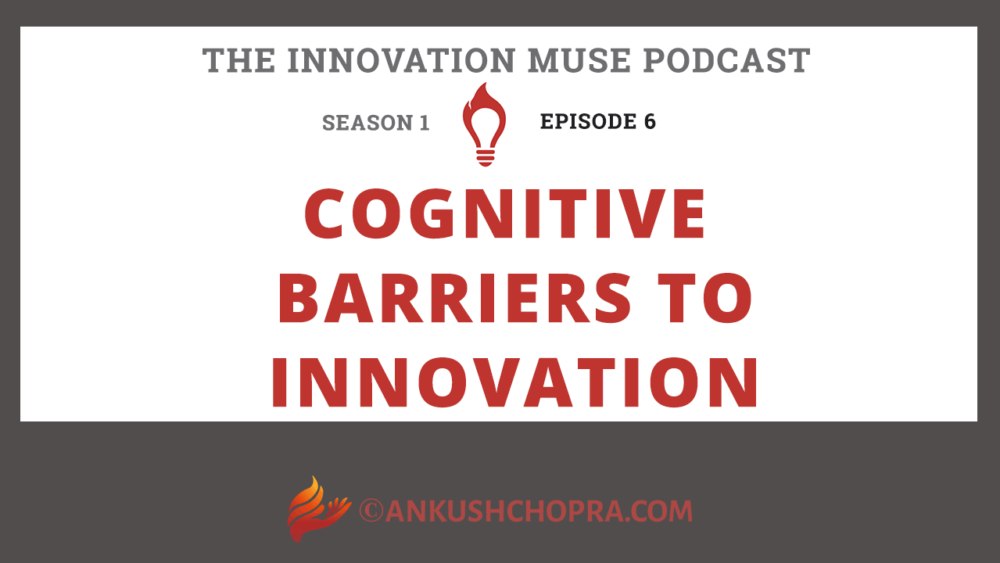Do you believe that we can fall prey to psychological traps? Can such traps become barriers to innovation? If you answered yes then you are absolutely right. Individuals and firms fall into mental traps and as a result, fail to do the right things. They fail to innovate and fail to make the necessary changes for survival and success. These are the cognitive barriers to innovation that firms often face.
Cognition and Action
We perceive the world through our senses but also use mental models and short cuts to complete the picture of the world. Cognition is the mental process of acquiring, assimilating and making sense of information. When you see a car on the road and stop from stepping in front of it, you are using cognition to make sense of the situation. In short, your actions are directly linked to perception.
Cognitive Flaws
But what if there are situations when you cannot see or perceive the situation for what it is. What if you could just not see that car? You would then step right in front of a speeding car heading in your direction. And you know the result of this action.
If there are cognitive flaws that you routinely face, you also regularly take the wrong action.
Cognitive Barriers to Innovation
When firms face cognitive flaws and thus take wrong actions, they step away from innovating in useful ways. In those situations, companies make a mistake due to incorrectly perceiving reality.
In such circumstances, firms face cognitive barriers to innovation. These obstacles are the most insidious barriers because they prevent you from seeing the need for change.
Key Take Aways
In this episode, you take away the following key lessons:
- What are cognitive barriers to innovation?
- How do cognitive barriers prevent change?
- Examples of cognitive obstacles to innovation
- The three levels at which these obstacles to innovation exist
- How hundreds of people fall prey to the same cognitive barriers at the same time?
How to listen?
Go to the The Disruption Management audio course to listen to the entire series of audio lessons on Disruption.





Please note: I reserve the right to delete comments that are offensive, or off-topic. If in doubt, read my Comments Policy.